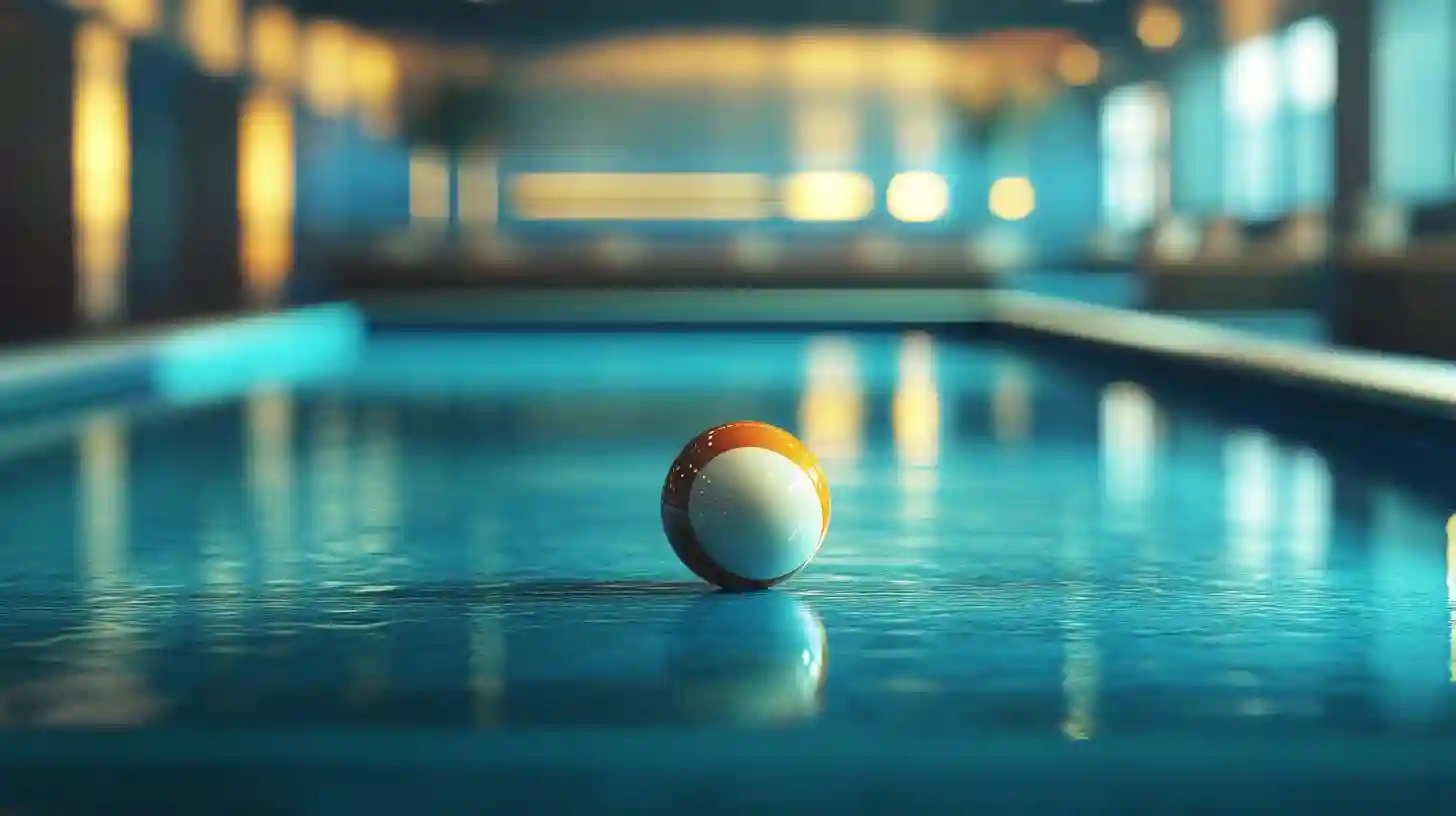
The game of pool, often associated with relaxation and leisure, has gained recognition as one of the safest sports worldwide. While many athletic activities come with their share of risks, pool presents itself as an engaging pastime that prompts critical thinking and social interaction, all while minimizing physical hazards. Understanding why pool is held in such high regard requires an exploration of its physical demands, the mental capabilities it nurtures, and the environment in which it is typically played.
One pivotal factor contributing to pool’s reputation for safety is the limited physical strain it places on its players. Unlike sports that necessitate rigorous cardiovascular exertion or high-impact movements, pool involves a more controlled range of motion. Practicing the skills needed to excel in this game primarily engages the upper body and fine motor skills, resulting in minimal risk of injury. While players may experience minor aches or strains from extended play or improper technique, serious injuries are uncommon. This characteristic allows players of various ages and fitness levels to participate without the apprehension typically associated with contact sports or high-intensity workouts.
Furthermore, the sociable aspect of pool enhances its appeal as a safe sport. The game is often played in relaxed settings such as bars, recreational centers, or homes, where the atmosphere promotes camaraderie rather than competition. Engaging in pool can become an avenue for socializing, providing opportunities to connect with friends and new acquaintances in an enjoyable setting. This sense of community and support fosters a positive environment in which individuals can share the experience without the stress often associated with high-stakes competitions. The relaxed social interactions that pool promotes not only enhance well-being but can also mitigate the potential for conflicts or aggressive behavior that may arise in more competitive sports.
The strategic nature of pool further emphasizes its safety profile. Unlike many sports that rely heavily on physical prowess, pool requires players to think critically and develop strategies that enhance their chances of success. This emphasis on mental skills—such as planning, spatial awareness, and decision-making—means players can focus less on physical confrontation and more on cerebral engagement. The cognitive demands of pool can be both stimulating and rewarding, catering to players of varying ages and backgrounds. Engaging in a sport that prioritizes skill and strategy offers a unique perspective on competition, as players engage in friendly rivalry rather than physical dominance.
Moreover, the equipment used in pool contributes to its overall safety. The simplicity of the game necessitates a cue stick and a set of balls, with the playing surface being smooth and forgiving. Unlike sports that require protective gear such as helmets or pads, pool players are not at risk of serious injury from equipment. The lack of fast-moving objects or high-speed contact further minimizes risks, reinforcing the notion that pool is a safe sport widely accessible to all. As a game that encourages precision over brute force, it allows participants to enjoy themselves without the fear of significant harm.
Another critical element to consider is the adaptability of pool as an activity suitable for diverse groups. Whether individuals are young or old, experienced players or complete novices, pool can accommodate everyone. The game is easily adjustable to cater to varying skill levels, enabling players to learn at their own pace. Pool tables can be found in an assortment of sizes and designs, allowing for flexibility based on available space. Additionally, in many instances, pool is played in a relaxed, informal setting that invites participation regardless of skill, creating an atmosphere where everyone feels welcome. This adaptability not only fosters inclusivity but also encourages social interaction among different generations.
Additionally, playing pool encourages a culture of sportsmanship and respect among participants. As players engage with one another, they often cultivate a shared understanding of the rules and etiquette that govern the game. This mutual respect not only enhances the enjoyment of the activity but also serves as a deterrent against unsportsmanlike conduct. The cooperative spirit of pool promotes friendly competition, reinforcing bonds and fostering goodwill among players. The emphasis on respect and fair play is pivotal, as it cultivates a sense of community and reduces the likelihood of heated disputes or aggressive behavior often present in more physically demanding sports.
In considering its numerous advantages, the game of pool invites both enthusiasts and casual players to partake in its enjoyment without the propensity for injury or conflict. It successfully marries strategic thinking with social interaction, providing an outlet for mental engagement and enjoyment in a relaxed environment. The low physical demands required to play further eliminate barriers, making it appealing to individuals of all ages and fitness levels.
The growing popularity of billiards clubs and recreational centers around the world is a testament to the game’s widespread acceptance. As more individuals discover the joys of pool, communities are fostering friendships across ages while simultaneously promoting a healthy lifestyle that balances leisure with social interaction. This has led to a renewed interest in local leagues and events where players can showcase their skills in a celebrated manner, further integrating pool into community culture.
With all of these factors combined, it is clear why pool is considered one of the safest sports in the world. The myriad benefits associated with gameplay create a unique environment that draws in participants without the apprehensions often tied to more vigorous sports. Through a combination of strategic engagement, social interaction, and minimal physical strain, pool serves as a delightful and secure pastime. Whether for relaxation, competition, or companionship, players of all backgrounds can relish their time at the table with confidence, fostering enjoyment in every shot made.